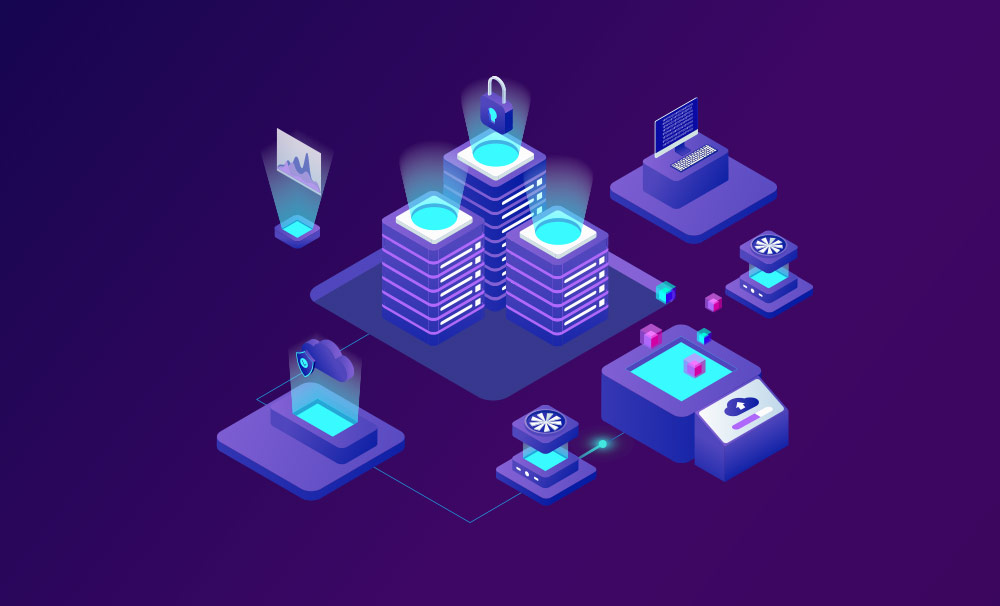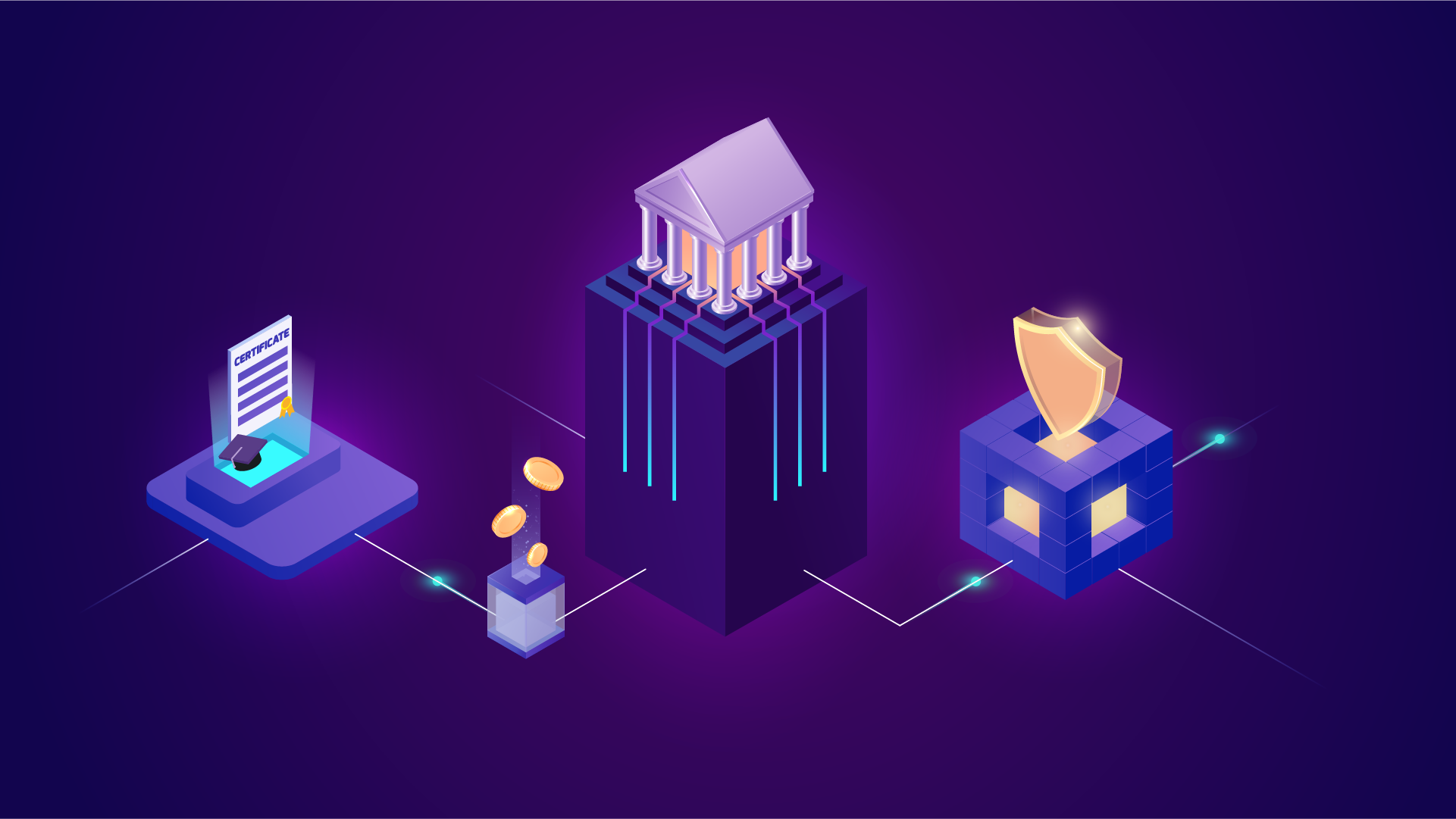Do you ever wish you could combine the power of your personal experiences with the utility of blockchain technology? Now you can, via an exciting new Web3 innovation known as experience tokenization.
Experience tokenization is the process of creating digital tokens that represent unique and intangible experiences, such as attending a concert, visiting a museum, or watching a movie. These tokens can be stored, traded, and verified on a blockchain, enabling new ways of accessing, sharing, and monetizing experiences.
What is Experience Tokenization and Why Does It Matter?
Asset tokenization can be applied to various types of assets, such as physical assets (e.g., real estate, art, etc.), financial assets (e.g., stocks, bonds, etc.), or intangible assets (e.g., intellectual property, identity, data, etc.).
Experience tokenization, on the other hand, focuses on the intangible and abstract matters. By adding a tokenization aspect we can make lots of experiences more interactive, digitalized and memorable.
Benefits of Experience tokenization include:
- Enhancing user experience and engagement: Experience tokens can create a more immersive and interactive way of enjoying and sharing experiences, as users can own and trade unique digital assets that represent their personal and social involvement in the experience. For example, a user can buy a token that grants them access to a backstage pass at a concert, or a token that records their attendance at a movie premiere. These tokens can also be used to unlock additional features, rewards, or content related to the experience, such as exclusive interviews, behind-the-scenes footage, or personalized recommendations.
- Creating new revenue streams and business models: Experience tokens can enable new ways of monetizing experiences, as creators, providers, and platforms can issue and sell tokens that represent different aspects or levels of the experience. For example, a museum can issue tokens that allow users to become sponsors or patrons of a certain art object or painting and display their names on an interactive list of sponsors. Alternatively, a theater can issue tokens that represent the rights to stream or download a performance, or to access a virtual reality version of the show.
- Empowering users and creators: Experience tokens can give more control and ownership to users and creators, as they can directly exchange value and information without intermediaries or third parties. For example, a user can sell or gift their experience token to another user or donate it to a charity. Similarly, a creator can retain more creative and financial freedom, as they can directly connect with their fans and supporters and receive a fair share of the revenue generated by their tokens.
Examples and Use Cases of Tokenizing Experiences
Experience tokenization is still an emerging and evolving concept, but there are already some examples and use cases that demonstrate its potential and feasibility. Some of these include:
- Gaming: One of the most prominent and popular domains of experience tokenization, gaming allows players to own and trade unique digital assets within the game world, such as characters, items, skins, etc. These assets can create a sense of community, social interaction, and investment among players, as well as enhance the gameplay and storytelling. For example, Axie Infinity [1] is a blockchain-based game that allows players to collect, breed, and battle digital creatures called Axies, which are represented by non-fungible tokens (NFTs). Players can earn tokens by playing the game, and use them to buy, sell, or trade Axies and other in-game assets. .
- Music: Experience tokenization within the online music space, as it can create new ways of engaging and rewarding fans, as well as supporting and empowering artists. For example, Audius is a decentralized music streaming platform that allows artists to upload and share their music, and earn tokens based on their popularity and engagement. Fans can also earn tokens by listening to and curating music, and use them to access exclusive content, features, or events. Additionally, artists can issue NFTs that represent their songs, albums, or merchandise, and sell them to their fans or collectors.
- Education: Experience tokenization can enhance the learning and teaching experience, as well as incentivize and reward learners and educators. For example, BitDegree is a blockchain-based online education platform that allows learners to enroll in courses and earn tokens upon completion. These tokens can be used to pay for more courses, or to access other benefits, such as mentorship, career guidance, or scholarships. Educators can also earn tokens by creating and delivering courses and receive feedback and ratings from learners.
Experience tokenization is a novel and innovative concept that can transform the way we enjoy and share experiences across various domains, such as gaming, music, education, and more. By creating digital tokens that represent unique and intangible experiences, we can enhance user experience and engagement, create new revenue streams and business models, and empower users and creators. Experience tokenization is still in its early stages, but it has the potential to revolutionize the experience economy and create new forms of value and meaning.
——————————————————-
Interested in experience tokenization? Cryptix Tokenization is here to support you all the way. Check our website for more information or book a call with us to identify your project’s requirements – and how we can help you reach your project’s full potential: https://tokenlaunchpad.eu.
Sources:
[1] https://www.prolitus.com/blog/tokenization-in-gaming/



